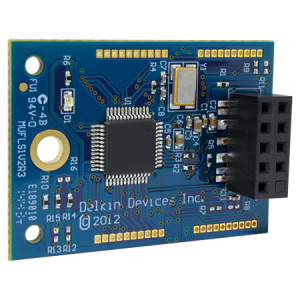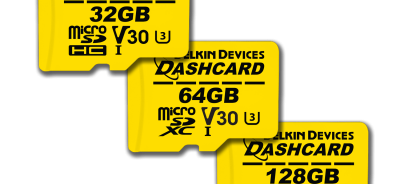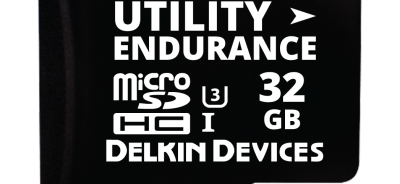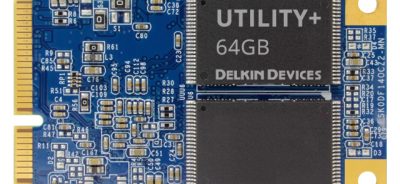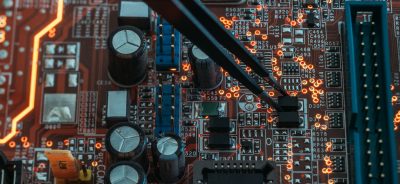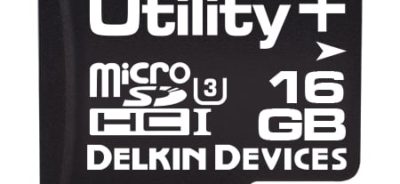Understanding Embedded Cards
Embedded cards are used in embedded systems to perform specific functions. For example, embedded flash memory cards provide data storage and read and write operations for devices. The user can’t see the embedded card functioning and may not even know it is there, but without it, the device would not perform the tasks it is supposed to do. Embedded cards can perform a wide range of functions, depending on the needs of the host system, and they are vital to a large number of industrial applications. You can find high-grade embedded memory cards in medical devices, transportation systems, gaming devices, and much more. Customization options mean that embedded cards are available for virtually any system.
Embedded Cards 101
Embedded cards are part of embedded systems. Embedded systems are microprocessor- or microcontroller-based designs that are often used for complex operations. They have an integrated circuit for real-time operations. Microprocessor embedded systems only have a CPU, so they require other components, such as embedded memory cards, to be added, while microcontrollers have self-contained flash memory, RAM, and serial communication ports.
Embedded cards work as part of these systems. They can provide NAND flash memory, processing, and a long list of other operations. You can find embedded cards in everything from smartphones and laptops to portable medical devices and automation mechanisms on factory floors. They are an essential part of modern technology for both casual users and high-level industrial operations.
Choosing Embedded Cards
Choosing an embedded card for a system comes down to several different factors. One is compatibility. If a particular card cannot be fully integrated, then it can’t be an option for that device. Another significant factor is capacity. Some applications have minimal storage needs, while others need vary large storage capacities in order to operate.
For embedded cards that are used for flash memory, grade is another consideration. Consumer grade embedded cards are usually designed with MLC memory. MLC memory is multi-level cell memory, and stores two bits of data per cell. SLC memory—or single-level cell memory—is typically used in industrial grade devices. With this kind of memory, only one bit of data is stored per cell. SLC memory tends to be faster and provides a higher level of data protection, making it ideal for industrial applications.
Find out more about embedded cards by contacting Delkin. We can explain our rugged embedded storage systems and how they could work in your application. Our product team is ready to answer your questions today.
 Login
Login Register
Register


